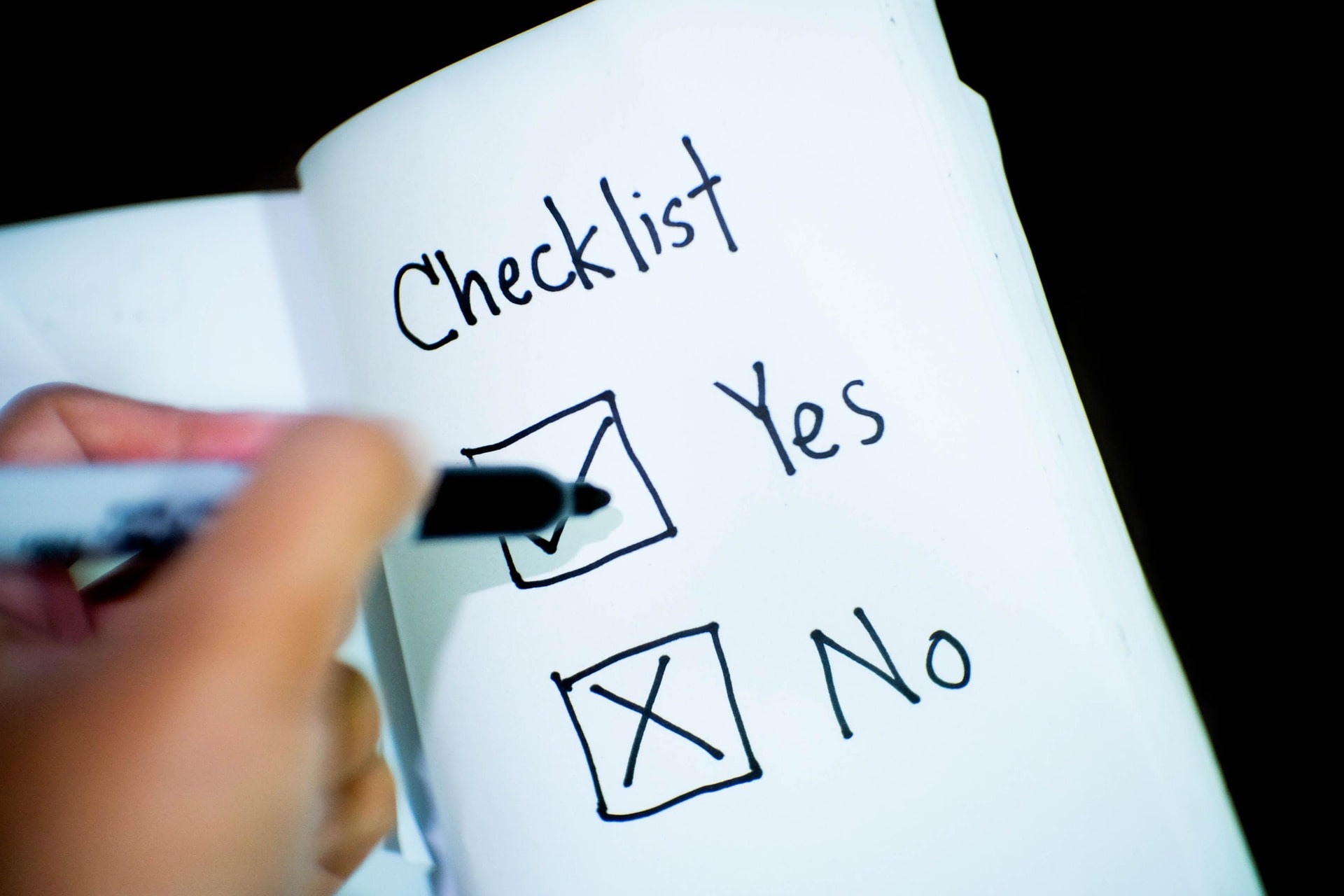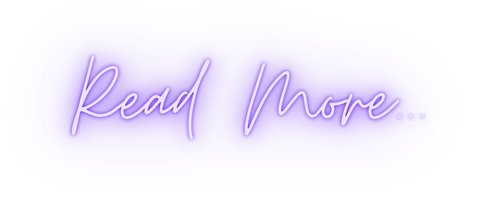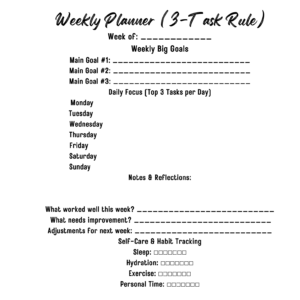When I heard about the “dopamine diary” or “dopamine journal” where you write down every to-do on a list and check it off to get a hit of dopamine throughout the day, I had to try it! I started imagining how getting stuff done could turn into an addiction, which wouldn’t be so bad, right? I was just looking for a way to make housework more fun and productive, didn’t know I could turn a checklist into an enjoyable experience.
Come to find out it was hard to find a diary labeled dopamine diary. I happened to watch a video of a guy talking about how he wrote in his dopamine diary and would check off wins throughout the day and it was very beneficial to him. So I bought a couple of plain personalized diaries that I titled. One I called the “dopamine housework checklist” another I named the “dopamine self-care checklist” another “dopamine prayer checklist” and so on… I called these my DopeDiaries.
DopeDiaries
What truly struck me in learning about dopamine is how deeply it’s woven into our everyday lives—far beyond the negative associations often tied to addiction. For so long, I viewed dopamine as something only relevant to substance abuse or unhealthy behaviors, almost as if needing it made me flawed or weak. But the truth is, dopamine is not exclusive to addiction—it’s a vital human neurotransmitter that fuels our ability to create, connect, love, and thrive.
Understanding this helped me reframe my struggles—not as a personal failure, but as a reminder that my brain, like everyone else’s, simply craves motivation and meaning. Dopamine isn’t the enemy; it’s the spark that keeps us moving forward.
Crazy enough there is actually science to back why we love to check things off even as micro as housework.
The Science Behind It: Why Do We Get a Dopamine Boost from Checking Off Tasks?
When we check off a task, our brain releases dopamine, a feel-good neurotransmitter that’s closely linked to motivation, reward, and pleasure.
Here’s how it works:
Progress Feels Like a Reward
- Our brains are wired to love completion.
- When we finish something—even something small like checking a box—our brain recognizes that as a win.
- This triggers a dopamine release, giving us a small but satisfying hit of pleasure and reinforcing the behavior.
While there aren’t studies titled “Why checking things off a list releases dopamine,” several well-documented psychological and neuroscience principles explain why that action feels so rewarding—and dopamine is a key player.
Cleveland Clinic describes dopamine:
“Dopamine is known as the “feel-good” hormone. It gives you a sense of pleasure. It also gives you the motivation to do something when you’re feeling pleasure. Dopamine is part of your reward system.”
Here’s a breakdown of relevant studies and theories that support this feel-good phenomenon:
It’s Called The Dopaminergic Reward System
- How it works: Dopamine is released when we anticipate or experience a reward.
- Relevance: Checking off a task gives a sense of completion and achievement, triggering this reward system—even for small tasks.
- Study Example:
- Schultz, Dayan & Montague (1997) published a seminal study on dopamine’s role in reward prediction. It showed how dopamine neurons fire in response to rewards and even to cues that predict rewards—like progress toward a goal.
The Zeigarnik Effect
- What is it?: People remember unfinished tasks better than finished ones, creating a mental tension that motivates completion.
- Relevance: Creating and completing a list helps relieve this tension. Crossing off an item feels like a cognitive “closure,” which the brain rewards.
- Study Origin:
- Discovered by Bluma Zeigarnik in the 1920s, who noticed waiters remembered open orders better than closed ones.
- Study: Zeigarnik, B. (1927). On finished and unfinished tasks.
Reinforcement & Habit Formation
- What it is: Habit-forming behaviors are reinforced by rewards, even small ones like satisfaction or visual cues.
- Relevance: A checklist becomes a positive feedback loop: complete → check → dopamine → repeat.
- Study Example:
- Charles Duhigg’s “The Power of Habit“ outlines how cues, routines, and rewards (like checking off a list) form habit loops that are neurologically reinforced by dopamine.
Micro-Task Completion = Micro-Dopamine Hits
- Neuroscientists suggest that the brain often rewards mini-accomplishments with micro dopamine surges.
- While not always formally studied in list form, this supports the concept that breaking tasks into small steps (like in checklists) increases motivation and satisfaction.
- Supported by: BJ Fogg (Stanford University, Tiny Habits), who emphasizes that small wins are psychologically powerful.
Summed Up:
- Dopamine is released when we complete tasks because our brain sees it as a reward.
- Checklists provide clear cues of progress, encouraging the brain to release dopamine.
- The act of checking a box gives closure, relieves mental tension (Zeigarnik Effect), and creates a positive habit loop.
The Ultimate Dopamine Cleaning Checklist System: Make Housework Fun & Productive
How I Write in My Dope Diaries
-How it works for me
I take my DopeDiary and walk from room to room in my house writing down what needs to be done with a systematic plan. What I should do first such as trash daily in all rooms, laundry, and organizing for starters. Believe me it sounds simple and easy enough but for someone with adhd we often procrastinate and getting started is more complicated.
Here’s one of my first dopamine housework checklists
Setting up a housework system that I can rely on every day to continually give me dopamine boosts has been the most successful way I have found yet. This method is helping me not only stay on task, even more importantly healthy habit formation. The more productive your schedule is, the less likely you are to fill it with not so good habits like laziness, procrastination, binging netflix or hulu lol, going off into space, yes these were some of my major defects before I learned that accomplishing more not only made me feel better I was a better mom and woman. I set aside time for one-on-one with God, which helped me read more scripture.
The dopamine diary housework checklist forced me to go down a list and check off everything. I felt obligated with a list. It felt like I was finally being a better adult, what a great feeling!
I used to wake up trying so hard to use my brain, thinking of all the housework I needed to do off the top of my head and it never worked. I would get up and randomly start picking up and get burnt out half way through. I would give up only to try again the next day feeling defeated.
A housework checklist improved my life by relieving me of overwhelm. Instead of reminding myself about my messy home every day, now I could look at the checklist and know what to do.
A typical day for me using my dopamine housework checklist:
Now I wake up and have a morning routine, my self-care checklist starts at 5 am, and my prayer checklist at 5:45 am (including bible reading of course, the source of true power 😉 Next I start on my housework checklist at 8 am. So as you can see I used a dopamine diary or journal for each segment of my morning and was able to check off as I went. This helped me feel accomplished and definitely more productive. I must say doing housework this way was so much more fun, than scrambling, feeling endless anxiety, and worst of all feeling like a failure daily.
Writing a dopamine housework checklist in my dopediary has improved my life, you should try it!
One more thing…
Dopamine Journal Checklist and the 3-Task Rule: Can Integrate Together
The dopamine journal checklist and the 3-task rule can work together beautifully as complementary productivity systems. Let me explain how they connect and how you might integrate them.
Read More About The 3-Task Rule
Share any tips or questions below 🙂
















